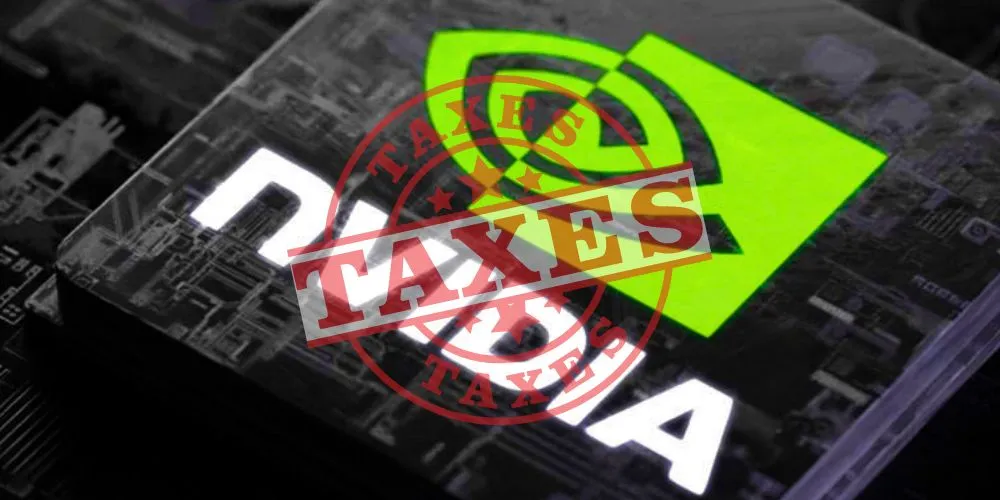Key Points:
- Nvidia’s tax rate has declined over the past decade, reaching 12% last year, but is expected to rise due to changing tax regulations.
- Varying global tax rates influence investment returns for US multinational companies. Tax incentives and concessions lead to disparities in tax payments.
- US federal benefits have contributed to Nvidia’s reduced tax burden. Large profitable companies in the US often pay lower effective tax rates.
- President Biden’s proposal to raise the corporate tax rate could further affect Nvidia’s tax obligations and financial performance.
Chip design giant Nvidia has benefited from unusually low tax rates in recent years, coinciding with the boom in artificial intelligence. However, as global tax rates rise, the company faces potential changes in its tax obligations, which could impact its profitability.
Over the past decade, Nvidia has seen a decline in its effective tax rate, dropping from 17.4% to 12% last year, with some years even setting aside no tax provisions at all. This decline has been largely influenced by various factors, including tax incentives and federal benefits in the United States, where Nvidia operates and generates significant income.
Despite facing similar statutory tax rates across multiple jurisdictions, multinational companies like Nvidia often experience varying tax bills due to differences in tax incentives and concessions. Research indicates that companies in countries like Luxembourg can pay as little as 1% of gross income in taxes, while those in Norway may face rates as high as 67%.
In the US, the effective tax rate paid by large profitable companies has been significantly lower than the statutory rate, with some paying little to no taxes on their profits. In recent years, Nvidia has benefited from federal tax cuts and incentives like the US R&D tax credit, which has decreased its tax rate.
However, the company anticipates a reversal in this trend, with the impact of tax benefits diminishing and its effective tax rate expected to rise. Nvidia forecasts its effective tax rate to increase to 17% in the current quarter, potentially further impacted by President Biden’s proposed corporate tax rate hike to 28%.
These changes in tax rates could have significant implications for Nvidia’s profitability. While Nvidia remains on track to report another record annual profit this year, rising tax bills challenge future profitability. As tax rates evolve, the company must adapt its financial strategies to navigate potential impacts on its bottom line.





